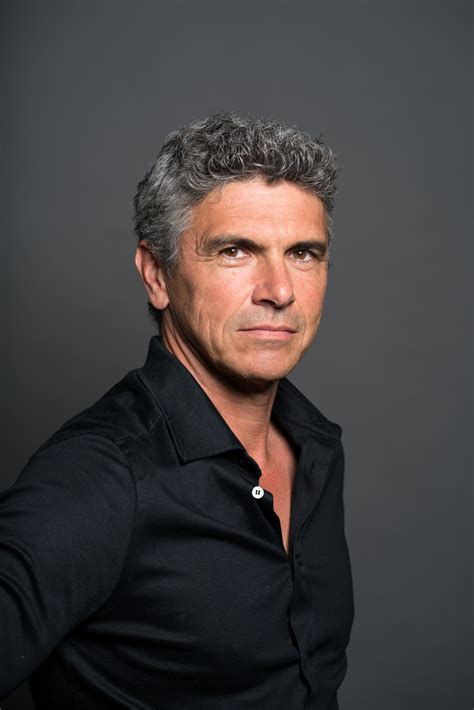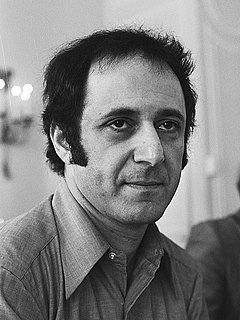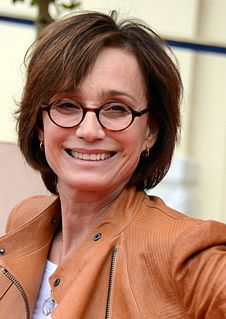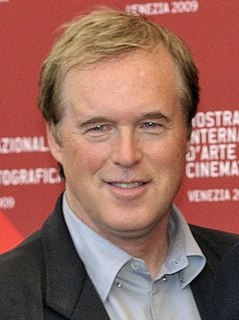A Quote by Gary Paulsen
He did not know how long it took, but later he looked back on this time of crying in the corner of the dark cave and thought of it as when he learned the most important rule of survival, which was that feeling sorry for yourself didn't work. It wasn't just that it was wrong to do, or that it was considered incorrect. It was more than that--it didn't work.
Related Quotes
I know that one of the things that I really did to push myself was to write more formal poems, so I could feel like I was more of a master of language than I had been before. That was challenging and gratifying in so many ways. Then with these new poems, I've gone back to free verse, because it would be easy to paint myself into a corner with form. I saw myself becoming more opaque with the formal poems than I wanted to be. It took me a long time to work back into free verse again. That was a challenge in itself. You're always having to push yourself.
I can remember how I sang - a little more nasal-y back then. Listening to those old recordings is like seeing a photograph of yourself from 10 years ago. You're wearing what you thought looked cool at the time. You had your hair styled the particular way you thought looked cool. It's an accurate depiction of who you were and what you looked and sounded like at that point in your life. It doesn't necessarily mean that it aged in a way that it feels as cool or sounds as good to you, or says what you thought it said, 10 years later. That's just the nature of growing older.
[The Middle East conflict ] just kind of ran its course for me. For a long time I could justify doing it to myself, no matter how irrational it was. It was important to me and my work. And I just don't feel it in the same way any more. When it comes up and it's important to me, I'll do it, but more out of sense of duty than desire - which used to be a big part of it.
Just supposing," he said, "just supposing" --he didn't know what was coming next, so he thought he'd just sit back and listen--"that there was some extraordinary way in which you were very important to me, and that, though you didn't know it, I was very important to you, but it all went for nothing because we only had five miles and I was a stupid idiot at knowing how to say something very important to someone I've only just met and not crash into lorries a the same time, what would you say..." He paused, helplessly, and looked at her. "I should do.
I always thought, I can't waste time, I have to do work. I also thought that I was slower than other people, that I had to concentrate more. I always thought, I'm not brilliant, I have to work. That was something I embedded in myself very early: I have to go home and write. But did I get any more work done than people like Frank O'Hara, who were always going to parties? Probably not.
There is this idea in Hollywood, and I've seen it work for people, where the unspoken rule is 'Do two for them and one for yourself.' And that's kind of considered a fact. I've never really found that to be true for me. I've gotten more opportunities out of working on things I believed in than I ever did on things that weren't special to me.
Sooner or later, the ones who told you that this isn't the way it's done, the ones who found time to sneer, they will find someone else to hassle. Sooner or later, they stop pointing out how much hubris you've got, how you're not entitled to make a new thing, how you will certainly come to regret your choices. Sooner or later, your work speaks for itself. Outlasting the critics feels like it will take a very long time, but you're more patient than they are.





































